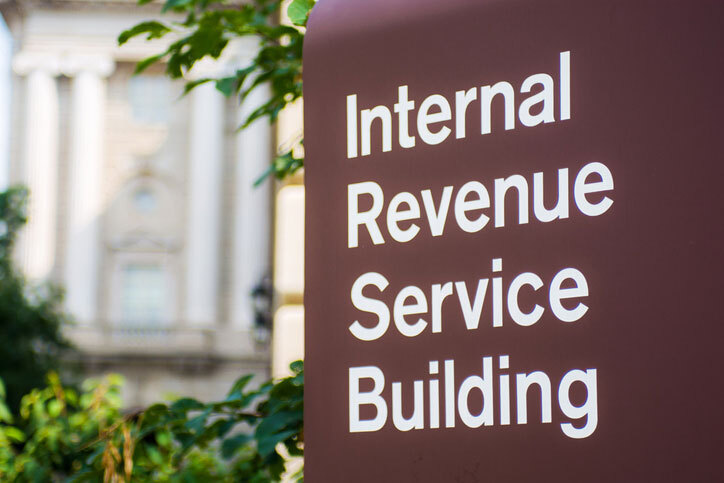Financial Hardship: What Is It And How To Qualify For The Fresh Start Program
The IRS’s Fresh Start Program is a well-known initiative to help Americans who owe back taxes. However, the core principle of this program is to provide aid to those who have endured financial hardship.
Each program has different requirements, but most have one major qualification: you must demonstrate evidence of a financial struggle. (The only exception is installment agreements (IA), which are similar to a payment plan.)
Though those with a higher income can qualify, the Fresh Start program has different levels of help available. For instance, people who earn an income and also own assets could still qualify for an OIC, however, it’s far more common that they will qualify for an IA instead.
As a tax relief company, we help Americans who owe back taxes resolve their tax issues and eliminate their tax liability.
So, how do you make sure you qualify for financial hardship relief?
What Is Financial Hardship?
Why Is Proving Financial Hardship Vital To The Fresh Start Program?
How To Prove Financial Hardship To The IRS?
- Medical records
- Income statements
- Property statements
- Utility bill records




